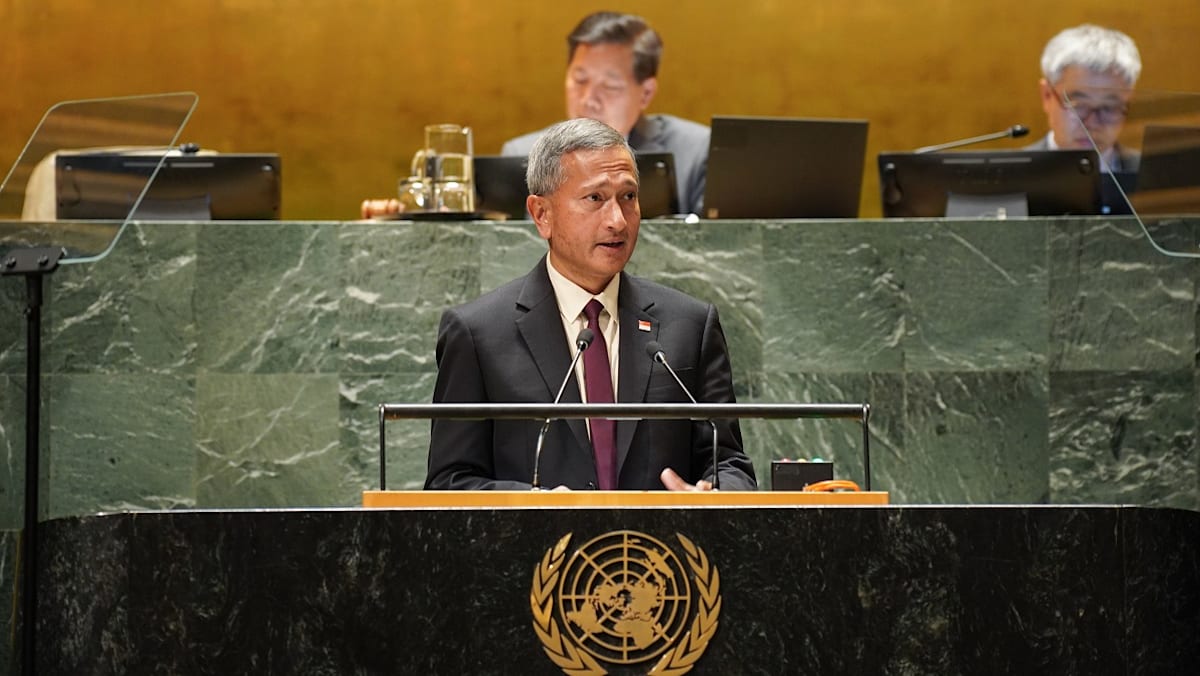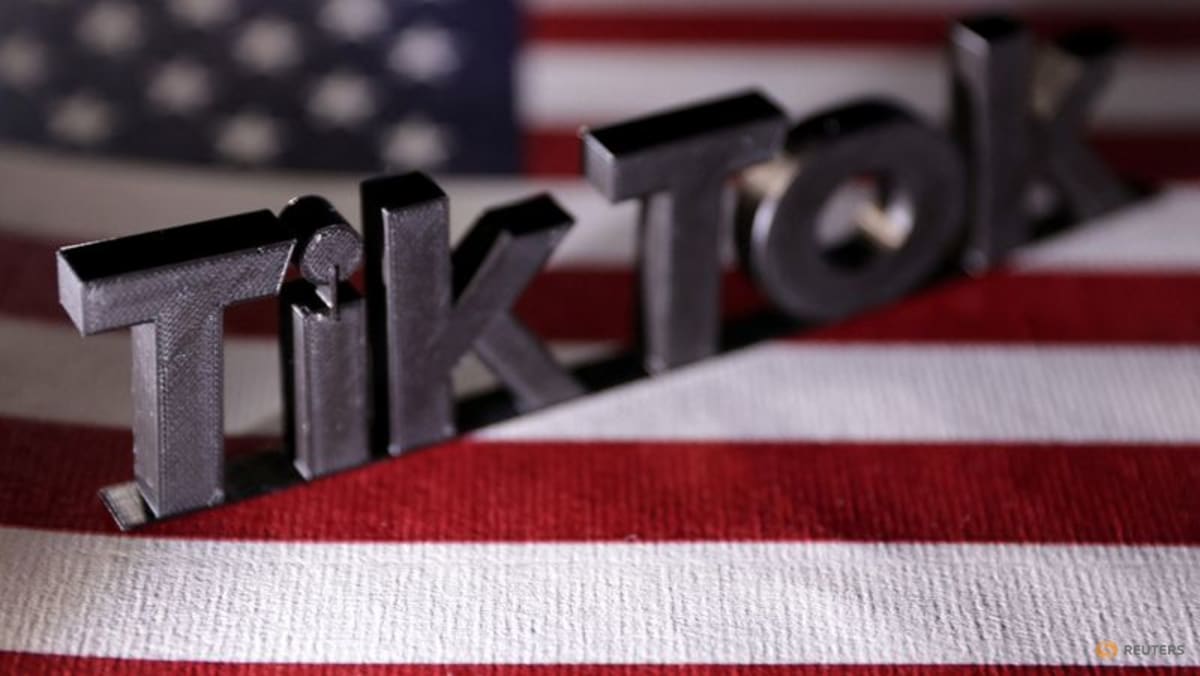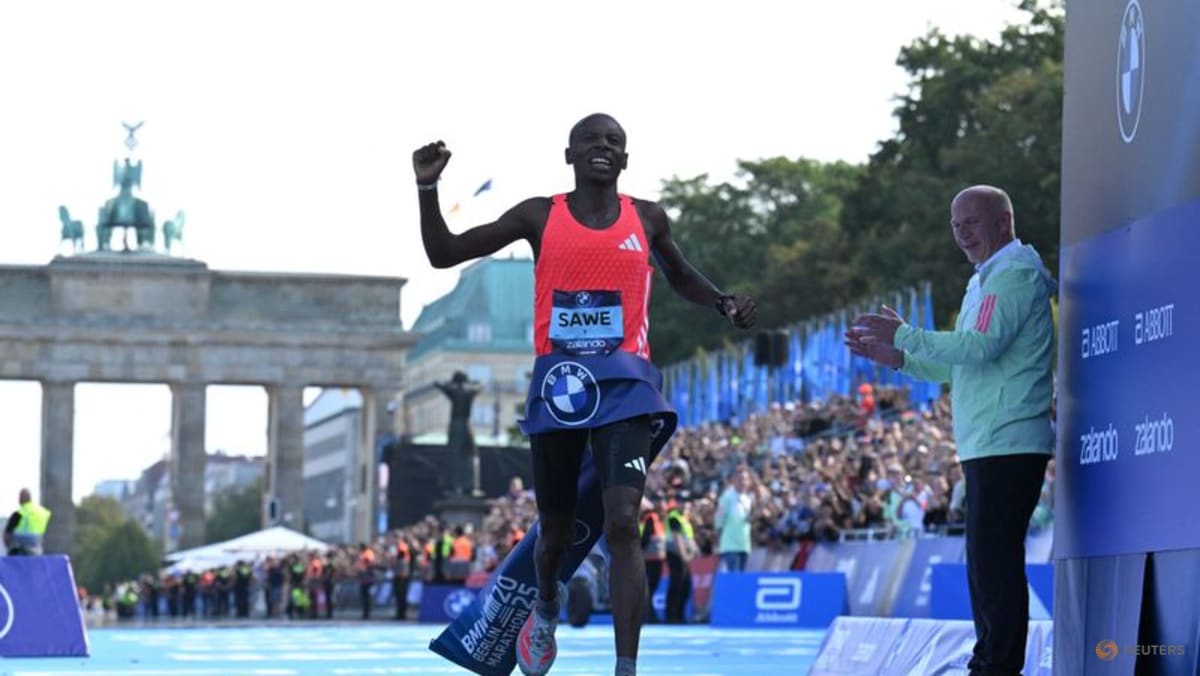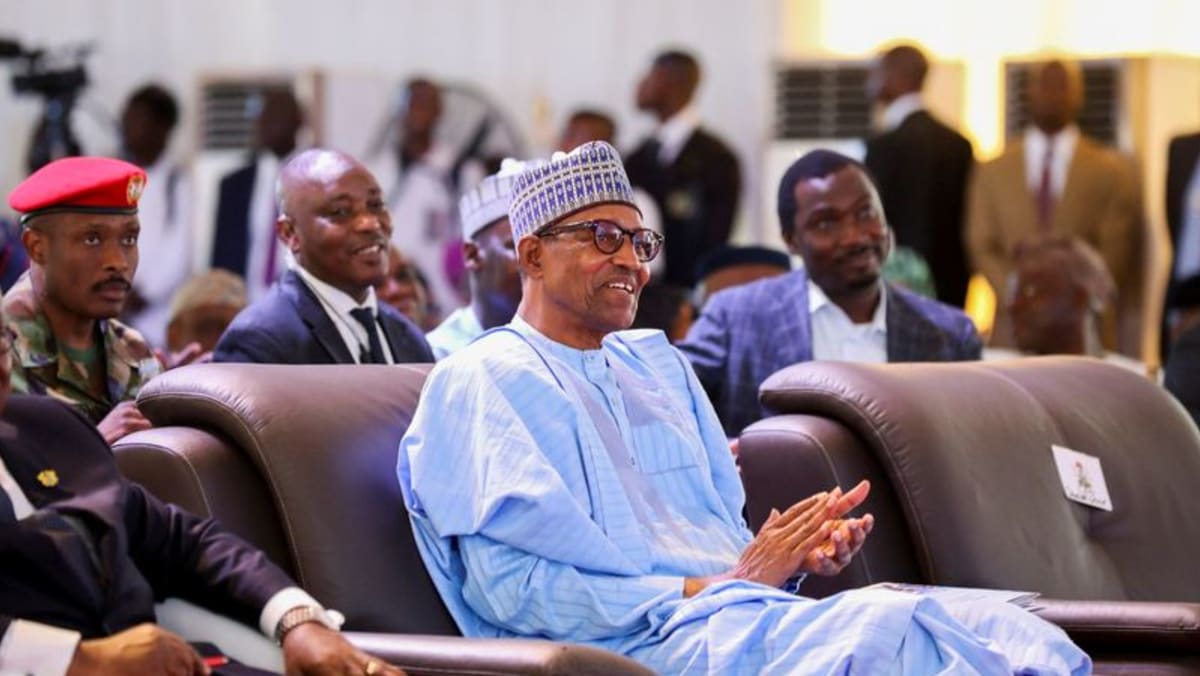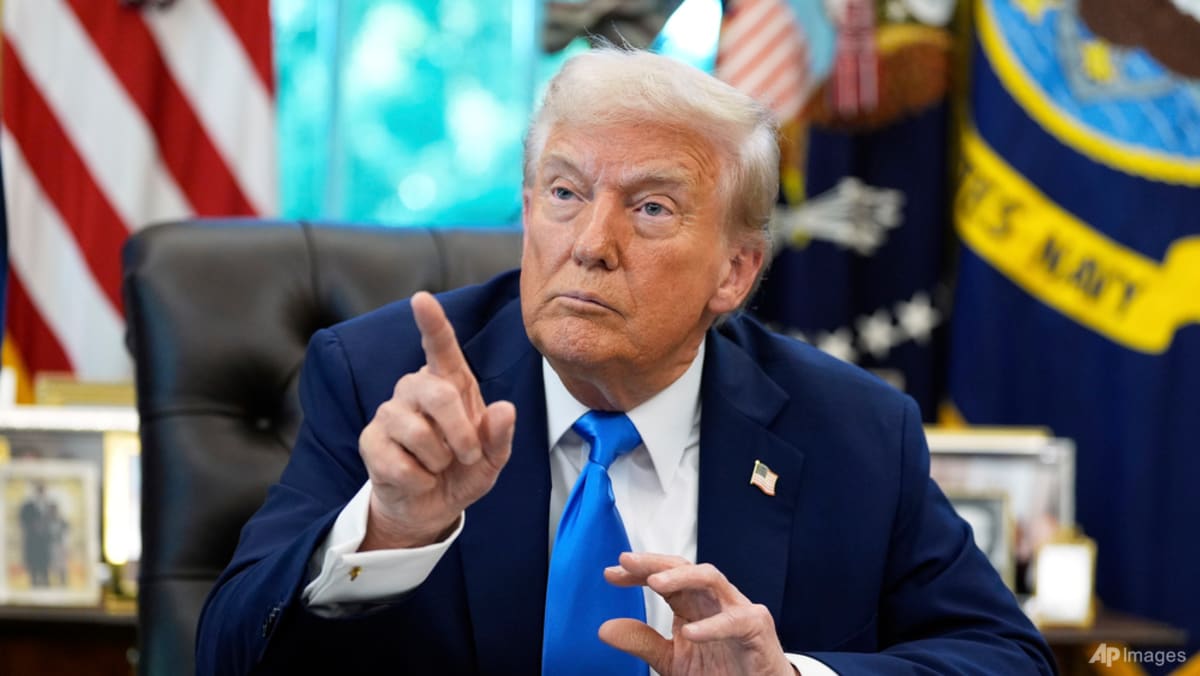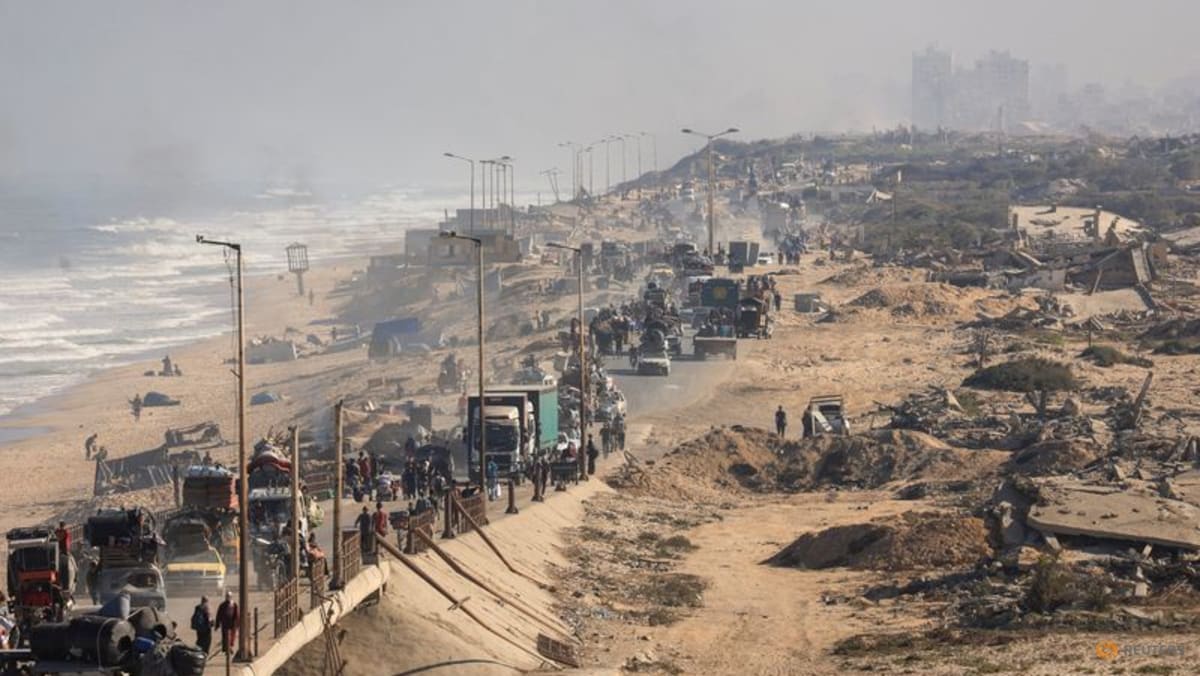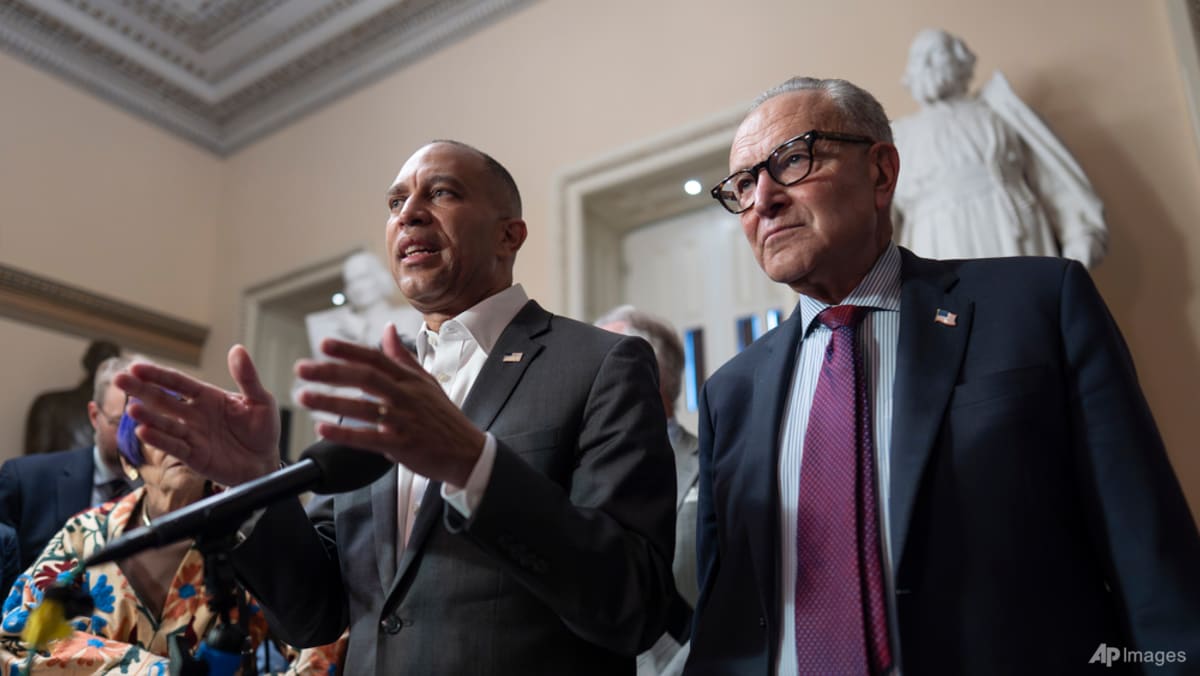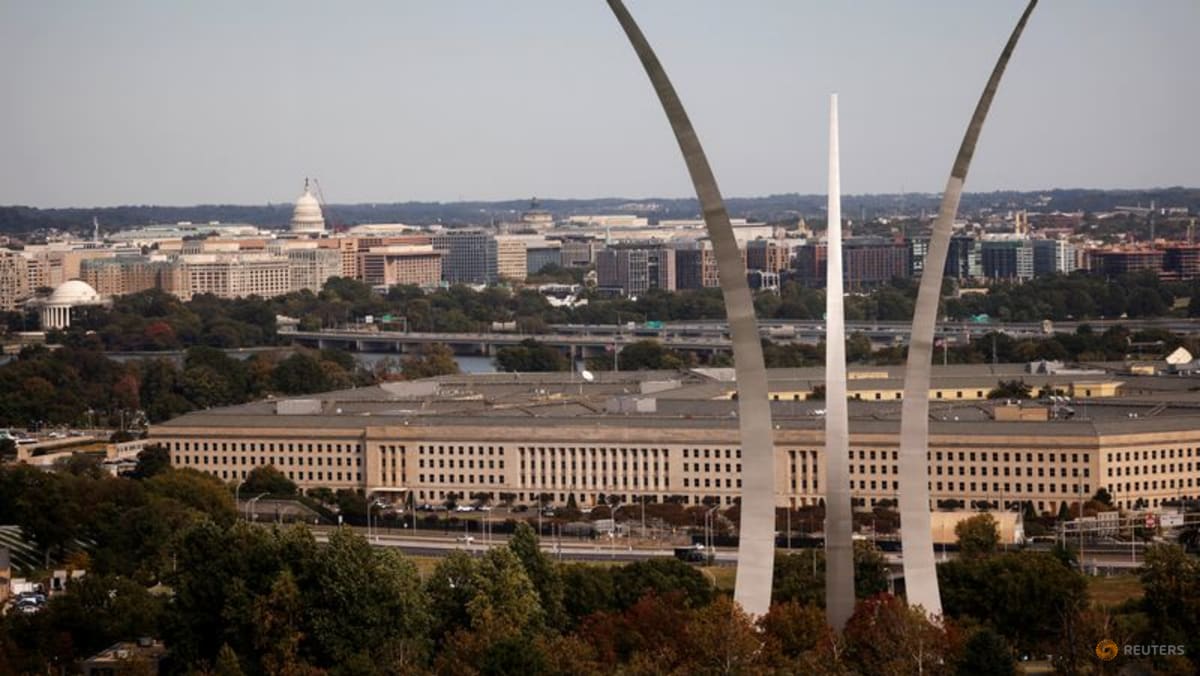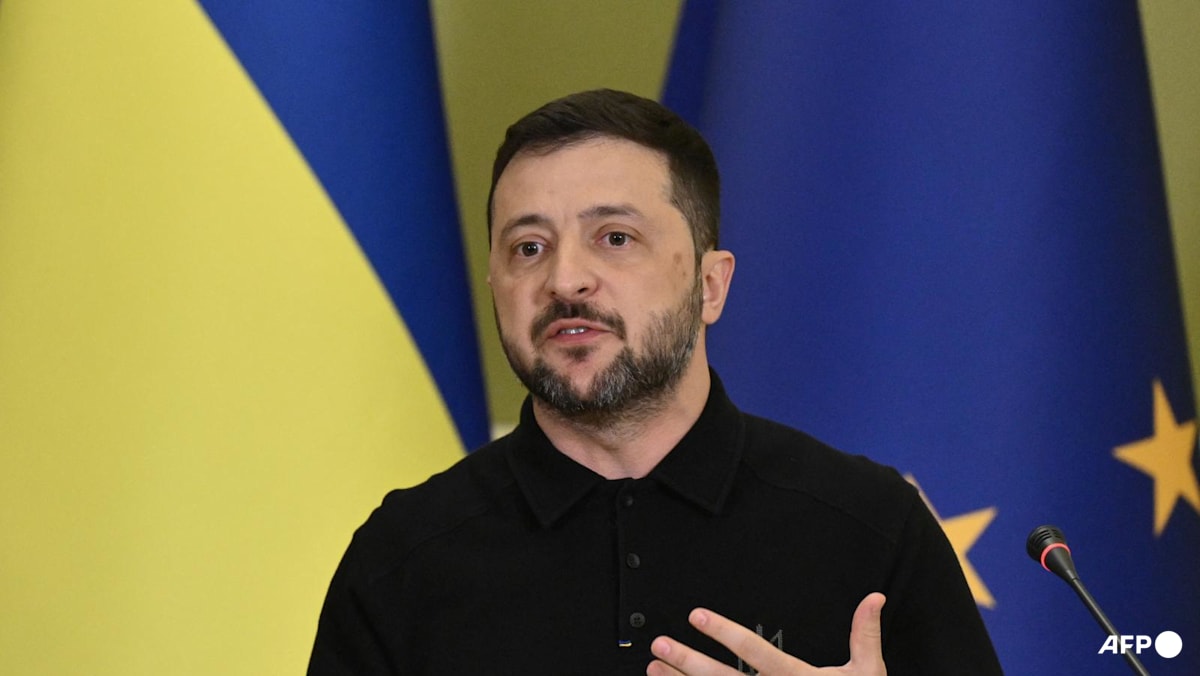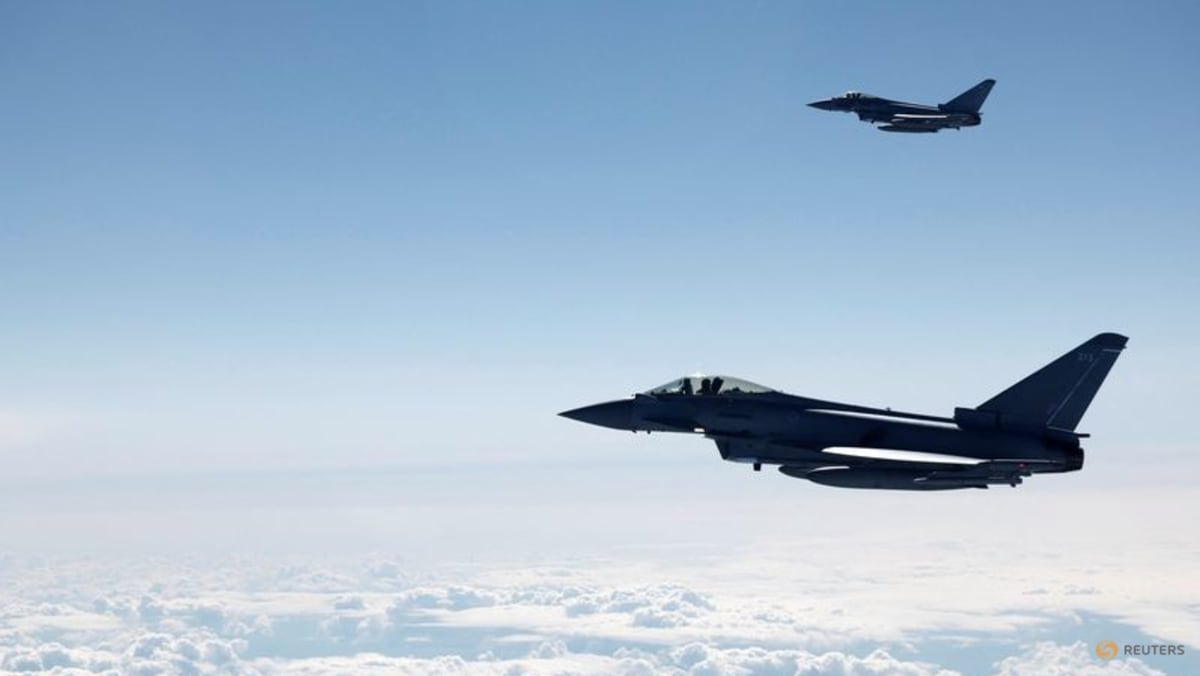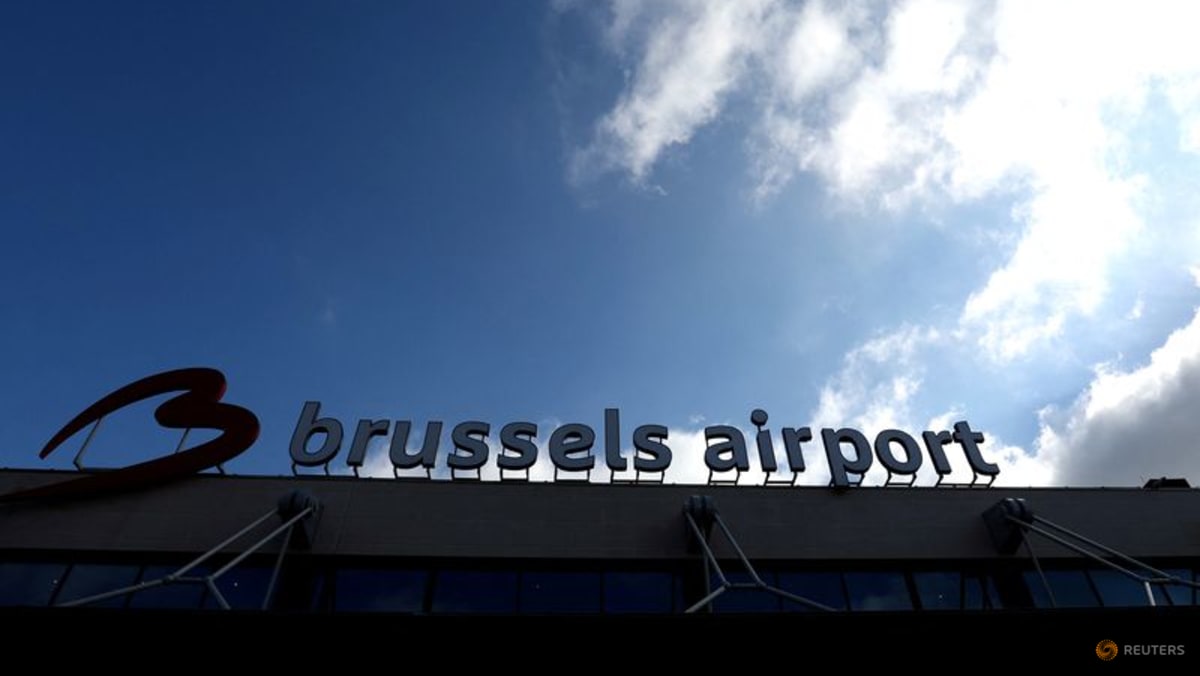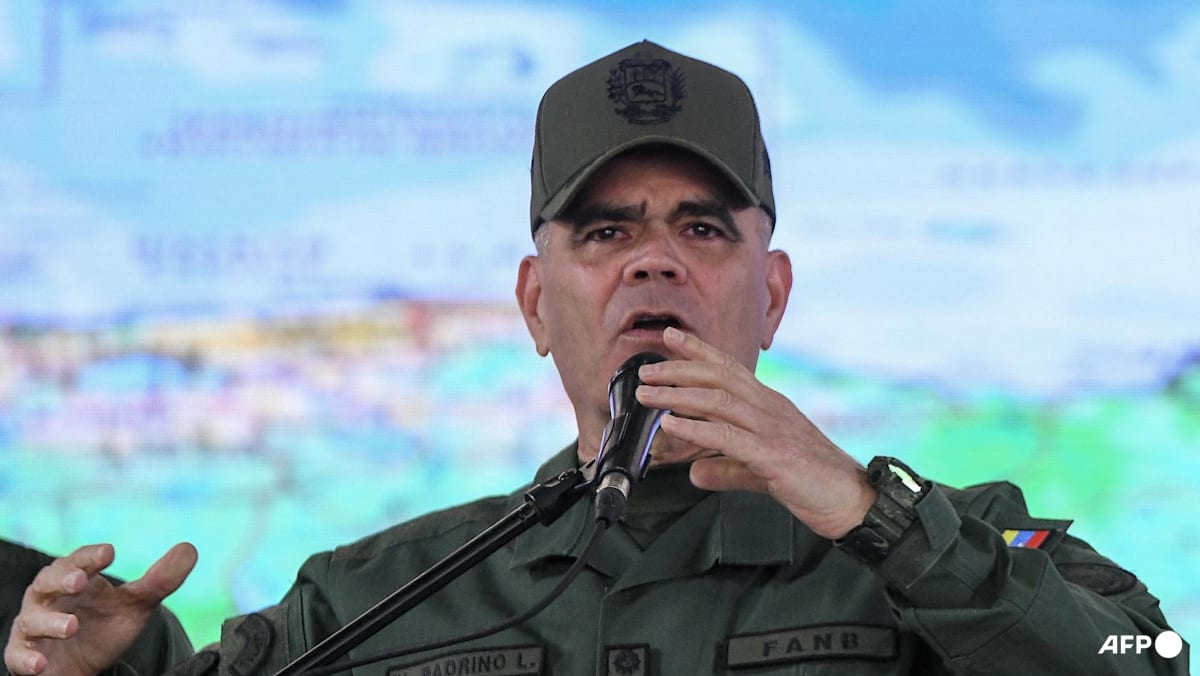Instead, violence that had mostly been confined to the northeast spread. That left swathes of Nigeria outside the control of its security forces as gunmen in the northwest, armed separatists and gangs in the southeast roamed unchecked.
Much of his appeal lay in the anti-corruption ethos that was a central plank of his agenda both as a military and civilian ruler. He said endemic corruption in Nigeria’s political culture was holding people back.
‘BABA GO SLOW’
But Buhari quickly disappointed after his 2015 win.
He took power as Nigeria was reeling from jihadist group Boko Haram’s kidnapping of nearly 300 schoolgirls from the northeastern town of Chibok.
He took six months to name his cabinet. During that time, the oil-dependent economy was hobbled by low crude prices, prompting people to call him “Baba Go Slow”.
He retained his popularity in poor, largely Muslim northern Nigeria, where voters propelled him to his second victory in 2019, despite his first term being blighted by Nigeria’s first recession in a generation, militant attacks on oilfields, and repeated hospital stays for an undisclosed illness.
On the economy, Buhari applied the same approach that failed when he was in power in the 1980s, keeping the currency artificially high, as a matter of national pride. Just as in his first stint in power, the president ignored the IMF’s advice to devalue the naira.
